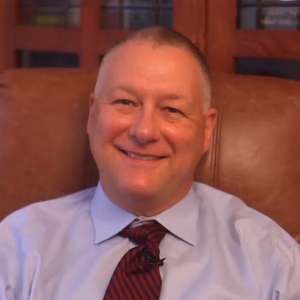Your heart is one of the most important organs in your body. It’s responsible for pumping blood and oxygen throughout your body, ensuring that every other organ has the necessary resources to function properly. It’s also a muscle that needs to be cared for, just like any other muscle in your body. This is where a cardiologist comes in. A cardiologist is a specialist who focuses on the heart, and can help you maintain a healthy heart, diagnose and treat any heart-related conditions, and prevent future heart problems.
Here are some reasons why you should consider scheduling a visit with a cardiologist
You have a family history of heart disease
If your parents or siblings have a history of heart disease, you are more likely to develop heart disease yourself. Seeing a cardiologist can help you assess your risk of developing heart disease, and help you take steps to prevent it.
Your primary care physician (PCP) referred you to a cardiologist
If your primary care physician recommends you see a cardiologist, don’t delay seeking treatment.
You have high blood pressure or high cholesterol
High blood pressure and high cholesterol are two of the major risk factors for heart disease. If you have either of these conditions, it’s important to work with a cardiologist to manage them effectively. Your cardiologist can help you make lifestyle changes, such as eating a heart-healthy diet and getting regular exercise, as well as prescribing medication if necessary.
You have a history of heart problems
If you have previously experienced a heart attack, heart failure, or any other heart-related condition, it’s important to see a cardiologist regularly. Your cardiologist can monitor your condition, adjust your treatment plan as necessary, and help you manage any symptoms you may be experiencing.
You’re experiencing chest pain or other symptoms
If you’re experiencing chest pain, shortness of breath, or any other symptoms that may be related to your heart, it’s important to seek medical attention right away. A cardiologist can perform diagnostic tests, such as an electrocardiogram (ECG) or echocardiogram, to determine the cause of your symptoms and recommend appropriate treatment.
You want to prevent future heart problems
Even if you don’t have any current heart problems, seeing a cardiologist can be a proactive step in preventing future heart problems. Your cardiologist can help you assess your risk factors, make lifestyle changes to reduce your risk, and monitor your heart health over time.




